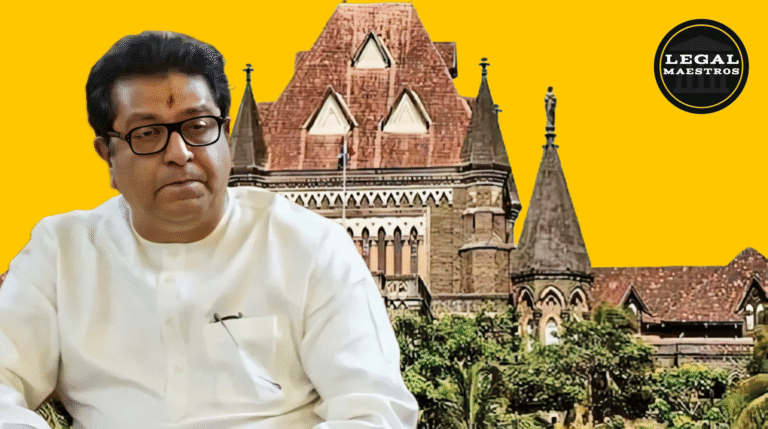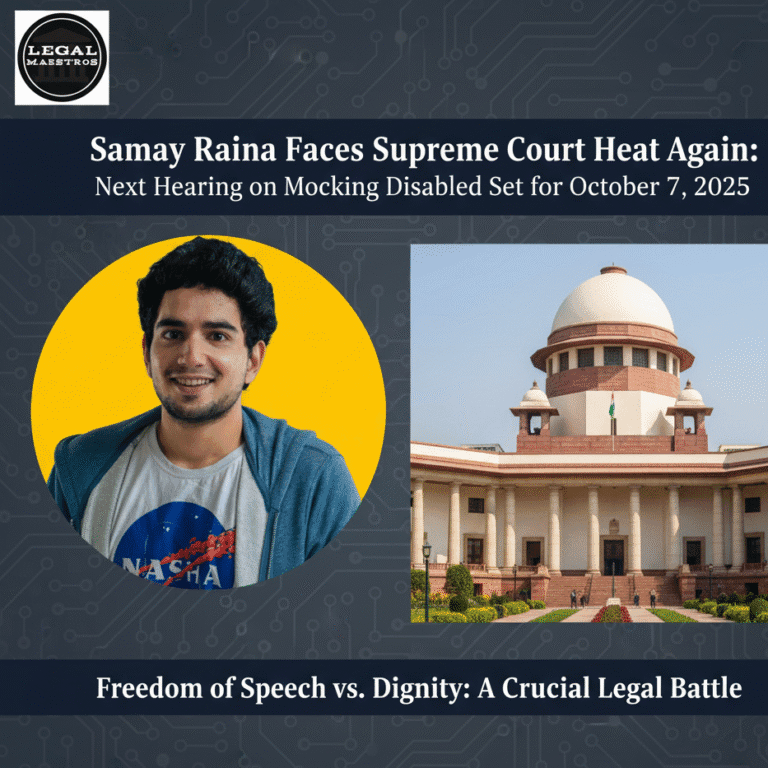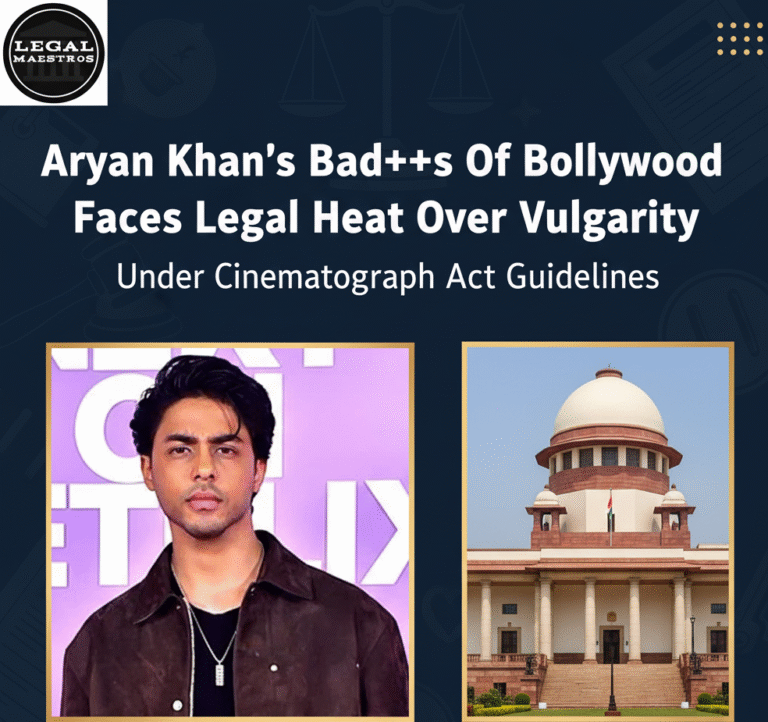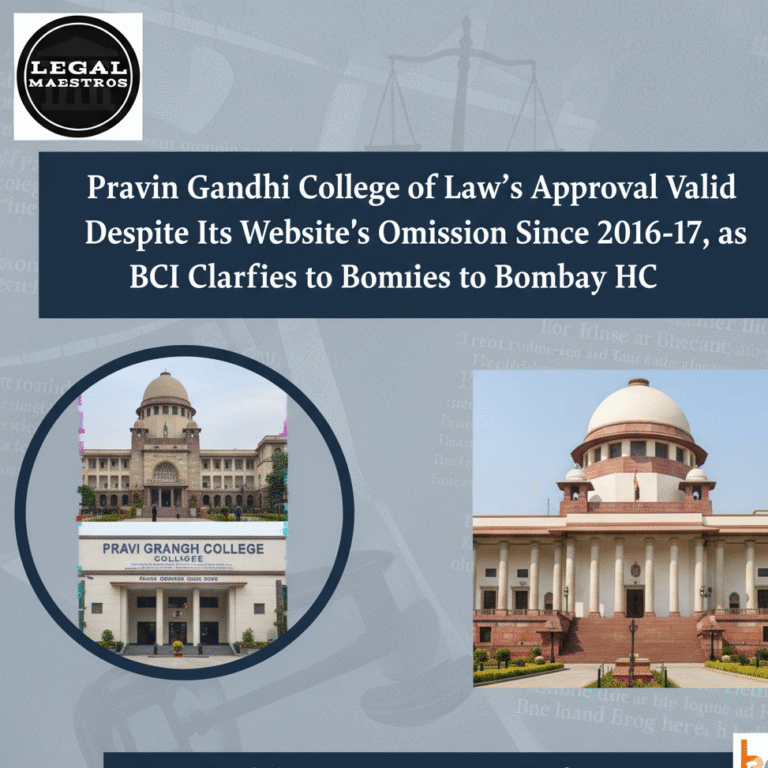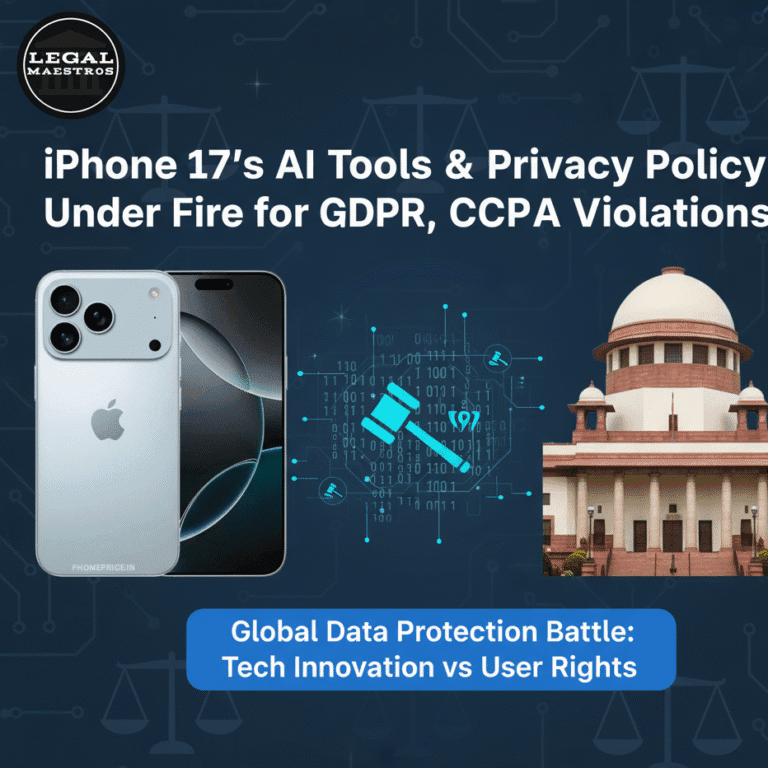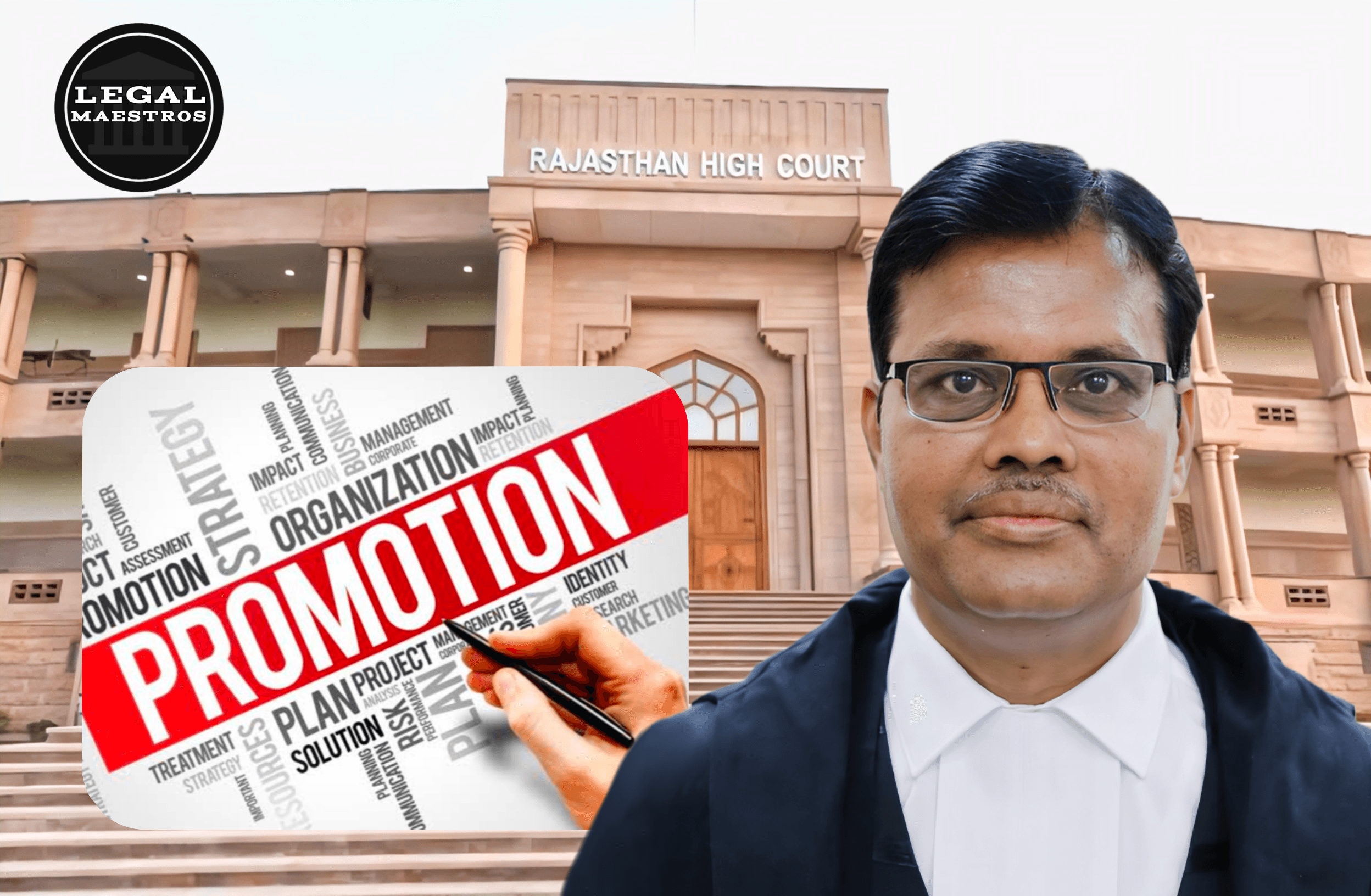
Rajasthan High Court has recently issued a major verdict in case of unfair refusal of promotion of an employee named Suresh Kumar Shrichandani due to the decision of the Oriental Insurance Company Ltd. Such is the case of S.B. Civil Writ Petition No. 21205/2012 that was discussed by Honbble Mr. Justice Mahendar Kumar Goyal and that has examined the depths of promotion policies and the basic ideas of fair employment. The decision of the court at July 24, 2025 evinced some important features of cadre unique features and the meaning of forfeiture clauses on promotion policies.
History of the Case
Suresh Kumar Shrichandani, the petitioner to this case, was recruited as a Hindi Translator at Jaipur Regional Office of Oriental insurance Company Ltd. on June 10, 1988. In 2008 the respondent-company carried out a promotional exercise in the position of Administrative Officer (Hindi). The candidate, Suresh Kumar Shrichandani was at merit no. 2 in Nagpur Region under general category balance list in regard to this promotion. But the promotion offer was made to respondent No. 5 Shri Prabhat Kumar Kaushik, who was found to be at the merit position No. 4.
Enquiring, the Oriental Insurance Company Ltd. told the petitioner, through a letter dated June 26, 2009, that the right to get his consideration was waived in the succeeding two promotional exercises. This was done using Para 22 of the revised Promotion Policy-2008 which indicated that he had earlier was a turn down of an offer of promotion in the year 2008 to the rank of the Administrative officer (Scale-I).
The Master Controversy: Cadre Difference
The gist of the argument that was advanced by the petitioner was that there was no single cadre of the Administrative Officer (Scale-I) and Administrative Officer (Hindi) and also that the two posts belonged to different cadres. Hence, he stated that the reasoning of the firm to remove his candidature out of the ranking list was unsubstantiated.
The respondents when opposing the petition had no option but to accept the fact that the two posts were indeed of different cadres and no longer of the same cadre. In addition, they were unable to challenge that the new promotion policy just prevented them to consider them in promotion.
to that cadre in two next promotional exercises in case of an offer being waived, and not to another cadre.
An analysis of the Promotion Policy
In this case, the court drew a lot of evidence by scrutinising Clause 22 of the amended Promotion Policy-Supervisory, Clerical and subordinate staff-2008 of the Oriental Insurance Company Ltd. This clause commonly known as the Effect of non-acceptance of promotion, has seen that in a situation where an employee declines an offer of promotion which entails posting to a new location, his or her name will be removed off the Ranking List and he or she will lose his right of being considered for promotion to such a position.
that cadre in the two succeeding Promotional Exercises”. The stress on that cadre was one of the keys to the understanding of the court.
The court noted that, forfeiture of the right of consideration on account of promotion was clearly stipulated in the policy.
the same cadre in the next two promotion exercises and not to a new cadre. It was also observed that the claim of the promotion exercise as per the post of Administrative Officer (Hindi) has been held under the old promotional policy.
The Decision and Reasoning of Court
It concluded by the Rajasthan High Court that it was undisputed that the two cadres of Administrative Officer (Scale-I), Administrative Officer (Hindi) were not in the same cadre. It was therefore held that the cause given by the authorities at deleting the name of the petitioner from the Ranking List and also depriving him the offer of promotion to the post of Administrative Officer (Hindi) was not based on any rational reasons.
On May 12, 2025, the court had already asked the respondent-company to give an affidavit on the reason of the petitioner being excluded as an explanation it was not satisfied with initially. No new or different reason was stated in the affidavit which Shri Sanjay Jain the deputy General Manager filed on July 8, 2025 in comparison to that which was stated in the letter dated June 26, 2009.
Thus, the court was well contented that the petitioner had been improperly denied the offer of promotion to the position of an Administrative Officer (Hindi).
The Consequential and the Ruling Benefits
With the fact that the respondent No. 5 had been promoted to the post of Administrative Officer (Hindi) in 2009 and almost sixteen years had elapsed, the court refused to pass any order which would result in prejudice to the interest of respondent No. 5. It was also indicated that the petitioner was retired pending upon the writ petition probably because of superannuation.
Based on these considerations writ petition was granted with conditions. The court ordered that the petitioner be given the benefit of promotion to the rest of Administrative Officer (Hindi) with all consequential benefits, the same date that respondent No. 5 was promoted,
except of course the real monetary gain. To achieve this order, an exercise would be necessary that would take a period of twelve weeks. In case of default, this would mean a cost of 1000 rupees a day which will have to be paid by the petitioner, and this will be borne by the officer(s) in charge.
This has been argued by the Rajasthan High court highlighting the need of following literal words of the promotion policies, and that there should be equity in promoitonal exercises particularly when the participation is of different cadres in an organization. It supports the policy that a forfeiture term applied on one cadre cannot be randomly made to apply on another, entirely different cadre.
For any queries or to publish an article or post on our platform, please email us at contact@legalmaestros.com.



